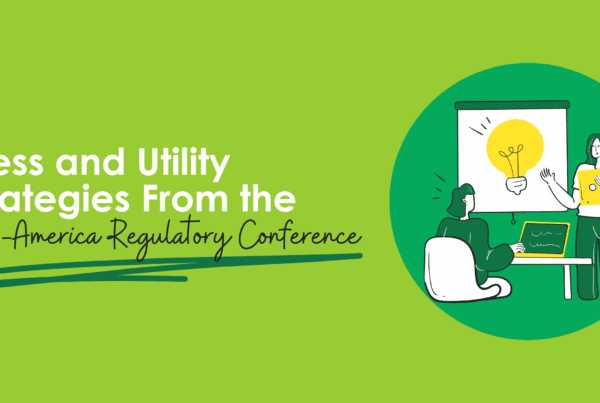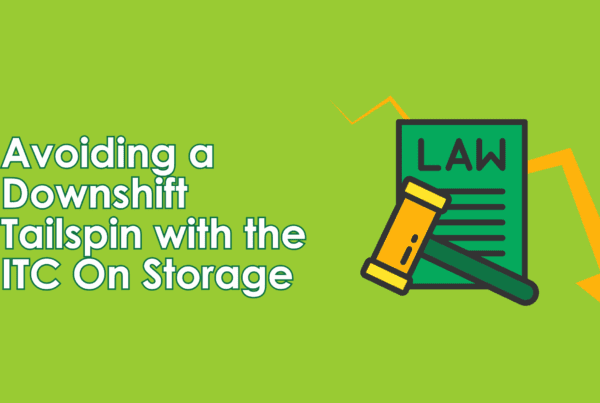
If polling managers were competent, we would have election day rather than the election playoffs. For several days they were finding ballots in the usual places anyone normal would stash them, like elementary school classrooms, rental car trunks, vans, and the bottoms of bird cages. Most of the results are in, and the one that facilitates this post, the Washington state carbon tax, went down hard by about 10 percentage points. That is about as big as it gets for a statewide election.
In February, I laid out the only carbon tax plan I would get behind, and that is one that would replace another substantial tax like the payroll tax on a federal level or maybe a sales tax on the state level. Why? Because friends come and go but taxes are forever. In other words, reducing some other tax to make a new tax revenue neutral is a slow-mo sucker punch. The tax that is initially reduced will come back to full strength in just a couple dog years.
Anatomy of a Carbon Tax
This was Washington’s second attempt to pass carbon tax in two years. According to The Wall Street Journal, backers of the tax believed the first attempt failed because “green groups” opposed it because it did not generate enough money for “environmental largess”. They also cited that businesses opposed the bill because it would destroy jobs and increase energy prices.
The Journal reports that the bill’s backers fixed the initial failure to be revenue neutral and direct the revenues to clean energy programs and electric car subsidies. Not enough voters are gullible enough to fall for that one, as I addressed in the February post. Want examples?
- Social security, where hundreds of billions of dollars were redirected to pay for everything but social security. It’s all gone.
- $55 million Wisconsin Focus on Energy funds diverted to other state budget items in 2005.
- $127 million Connecticut efficiency funds diverted to fund other state functions in 2018.
I could go on and on, but do not think for a second that funds won’t be raided for other uses.
The Journal’s noted reasons for opposition to the 2018 referendum include:
- Ten percent would be diverted to low income. This sounds good but it will be redirected before long.
- $50 million would fund workers[1] imperiled by the tax.
- Large energy users would be exempt. They note:
- Aluminum production
- Diesel fuel used for agriculture
- Fossil fuel exports
- Fuel purchased by local and state governments – how special is that? You couldn’t make that up. Good for thee, but not me, it is!
Hmm, does this look familiar?! I watched this lobbyist carve-out bonanza from the front row before. Same interest groups; different arena.
Petrol is Special
This scenario got me thinking. You can do your own research, but I’ve read many times that economists think the carbon tax is the most efficient way to curb emissions. However, Holman Jenkins writes in The Wall Street Journal, voters don’t like taxes, especially energy taxes. One reason for this is people know what a gallon of gasoline costs because they see it many times a day. They couldn’t tell you within 30% how much is withheld from their paycheck but they know within a nickel the price of gasoline. There is something sacred about the cost of a gallon of gasoline.
Links Between Lower Carbon and Cost
A lot of progress toward CO2 reduction has been made in the U.S., but it all came via efficiency of widgets, processes, and practices, technological breakthroughs (hydraulic fracturing), and renewable power-generation subsidies. But now, even Chuck Grassley from Iowa declared wind is now competitive, implying the subsidies are no longer needed. I have a saying for this: “I got mine”.
So, other than efficiency, we are in a position where it will start costing more, not less, to remain on the downward trajectory of CO2 emissions.
This brings me back to a scholarly paper I referenced in Stage Four Climate Change. It is called Up and Down With Ecology – the “Issue-Attention Cycle”. When I read that again, it is striking how that 1972 paper describes exactly where we are today with climate change. Namely,
- Stage 2, the “alarmed discover and euphoric enthusiasm” phase describes that “every obstacle can be eliminated… without any fundamental reordering of society, if we only devote sufficient effort to it”. Sorry, the laws of physics do not budge for effort or trying.
- Stage 3, “realizing the cost of significant progress” is described above. Paraphrasing the paper, “In certain cases technological progress can eliminate some of the problem without major restructuring of society.” That is, renewable subsidies and hydraulic fracturing.
Washingtonians voted for not even a minor cost, let alone a minor restructuring, let alone a major restructuring. Additionally, while describing Stage 3, the author writes “the most pressing social problems involve deliberate or unconscious exploitation of one group by another, or the prevention of one group enjoying what others want for themselves”.
Now, consider the lowlights of Washington’s failed referendum above. It creates the very social problem described in Stage 3. It is surprising it didn’t lose by more.
Elections are in large part popularity contests. Paying more for energy, particularly when carve outs are exempt, is not popular. Want a chance next time? (1) swap something big, (2) no carve outs. Go big or retire.
Happy Thanksgiving!
I don’t buy this either. The article states Washington ranks 5th among our oil refining states.





Join the discussion One Comment